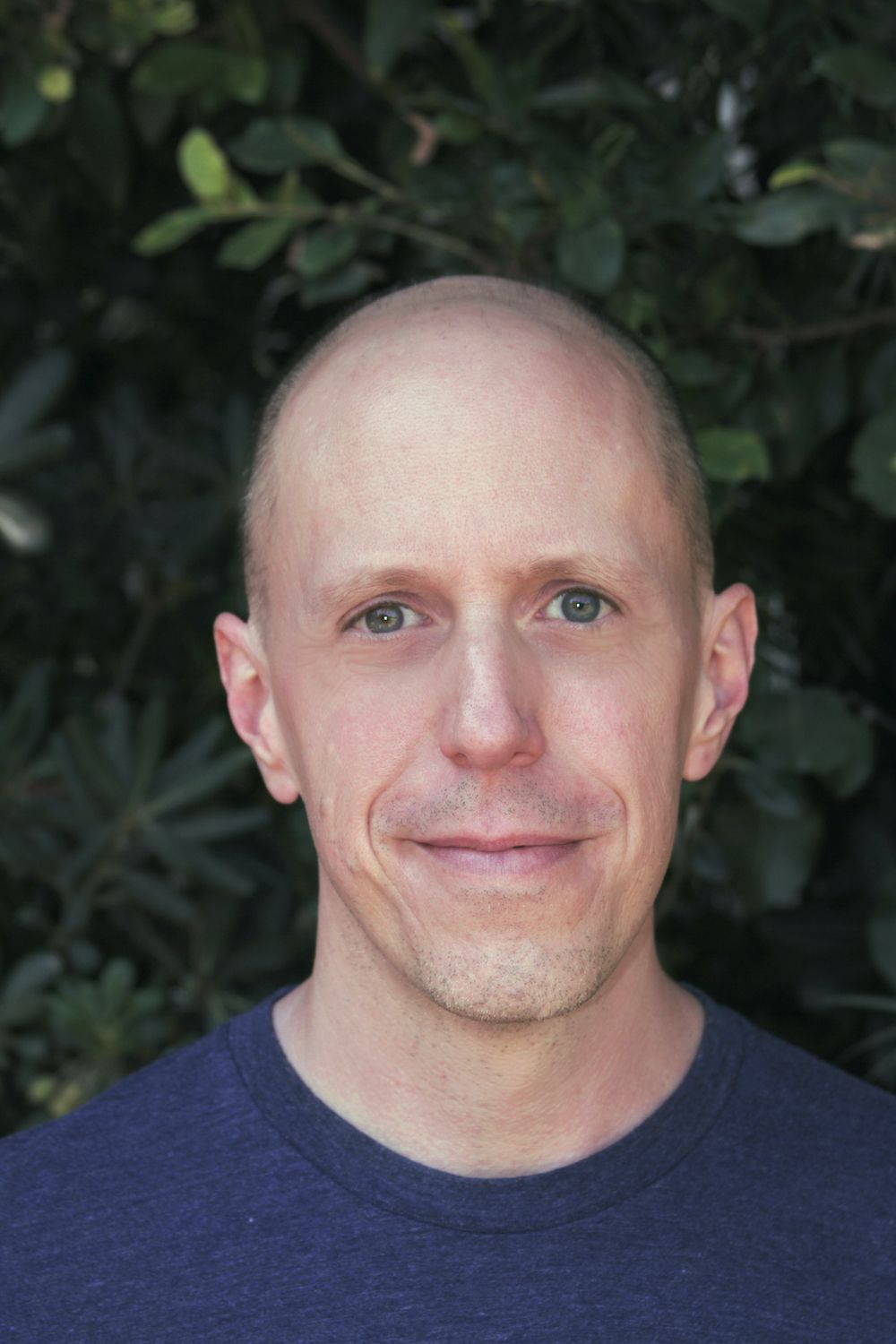
John August
Who are you, and what did you write?
I’m John August. I’m a screenwriter, novelist and playwright. Some of my films include Big Fish, Charlie and the Chocolate Factory, Charlie’s Angels, Go and the recent Aladdin.
I have a middle-grade book series called Arlo Finch. (“Middle grade” is what librarians and booksellers call books like Harry Potter.) Your readers may enjoy a podcast I made called Launch which goes behind the scenes of writing, selling and releasing the book. I’m now working on a new graphic novel set for 2024.
I also write musicals. I wrote the Broadway version of Big Fish and a new one I hope to stage soon.
What hardware and software do you write with?
I write exclusively in Highland, which my company makes. Highland 2 is built for the Mac, but I’m using the beta version, which also works on iOS. The best thing about using your own app is being able to fix the pain points. If something’s bugging me, I can slack my team and get it corrected immediately.
Highland started as a screenwriting app, but I’ve found it works great for novels, too. It’s the sweet spot between the minimalism of a pure text editor and the complexity of something like Scrivener. I tend to keep chapters as separate files for as long as possible so I’m not tempted to tweak and fiddle rather than write new stuff.
Ultimately, the final copy edits happen in Microsoft Word for tracking revisions. It’s the standard and it’s torture.
Some tools I love include RhymeZone (for rhyming), Roam (for keeping random notes and scraps) and WorkFlowy (for shared outlines).
When and where do you write?
I mostly write in my home office, a room above the garage. There I have my iMac with my strange keyboard that helps keep my wrists from going crazy.
I try not to be too precious about my writing environment, so habits don’t become excuses. I’ll write by hand if I need to, or on my MacBook in the car while my daughter is at climbing practice. Whatever gets the words out is what matters.
One trick I picked up over the last few years is to always have a stack of blank index cards on my nightstand. If an idea strikes, I’ll write it down and stick the card by the bedroom door. That way I get it out of my head and into a form I can do something with.
What's your dream writing setup?
Honestly, I think I’m pretty close! I don’t need much more.
That said, we’re working on some tools for the new Highland that I hope will make some of the most tedious parts of writing just a little bit easier. Computers are fast enough that they should be able to do more with words -- not just the arrangement of letters but the semantic meaning. It’s early days, but I’m optimistic.